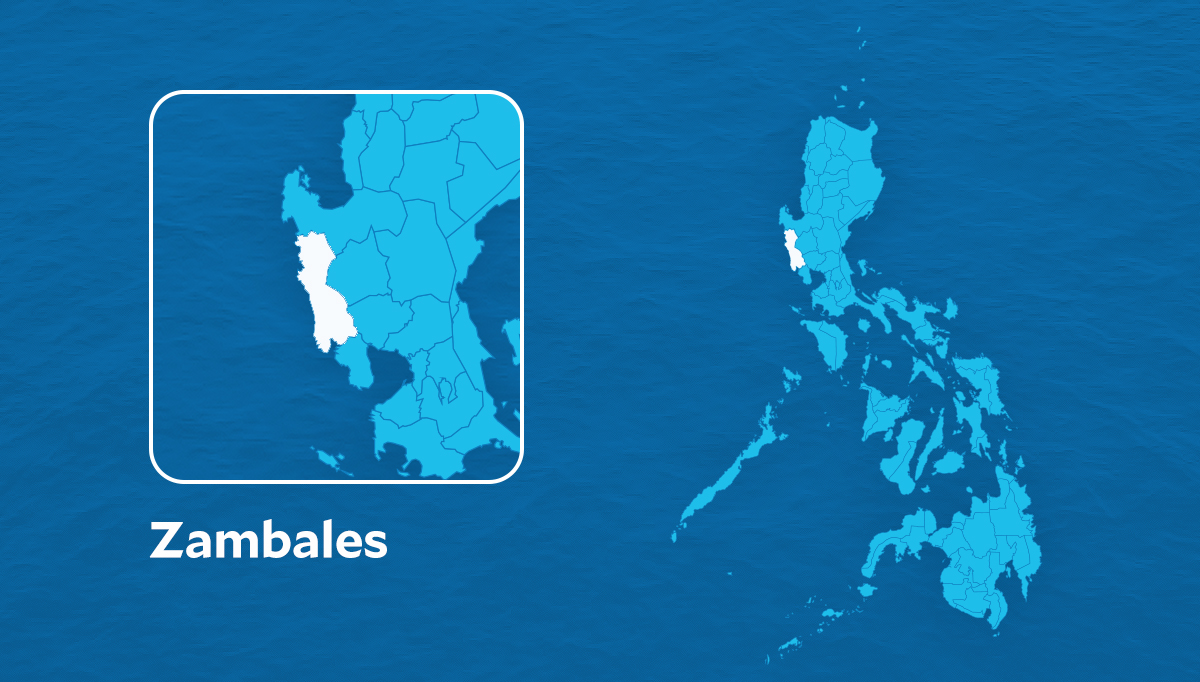Fishers’ group to gov’t: Check ‘spying’ in Zambales waters

SAN ANTONIO, ZAMBALES—The fisherfolk group Pamalakaya has urged authorities to investigate the origin and purpose of an unidentified device marked with Chinese characters that was recently found in the waters off Zambales.
Fernando Hicap, Pamalakaya national chair, said that if the object was confirmed to be an underwater surveillance drone, the public should be alarmed and demand the removal of foreign entities from Philippine territory.
“Any surveillance activity by any country within our territory is unacceptable, especially if it compromises our security,” Hicap said in a telephone interview on Thursday.
“There should be an investigation into where the floating device came from and what it is used for,” he added.
Local fishermen earlier recovered parts of the device, believed to be an underwater drone, while fishing some 148 kilometers (80 nautical miles) west of Sampaloc Point in Subic town.
They managed to tow several smaller parts and turned them over to the Philippine Coast Guard (PCG) station in Subic. The larger piece, weighing about 300 kilos, was retrieved at sea by the PCG vessel BRP Teresa Magbanua.
The recovered items have since been transported to the PCG headquarters in Manila for examination.
On Wednesday, the Senate committee on national defense and security, peace, unification, and reconciliation held a hearing on proposed legislation to update the country’s antiespionage law, which dates back to World War II.
Sen. Jinggoy Estrada, who presided over the hearing, highlighted the importance of his proposed Senate Bill No. 73, or the New Anti-Espionage Act, describing it as a landmark measure.
Close gaps
“This bill aims to close the glaring gaps in our current legal framework and respond to the evolving threats brought about by cyber technologies and modern warfare tactics,” Estrada said.
“Espionage is no longer confined to physical spaces. With the rise of cyber and digital platforms, sensitive information can be stolen without crossing borders. We need a law that is comprehensive, future-ready, and strongly deterrent,” he added.
The proposed measure seeks to modernize the country’s framework against espionage by imposing tougher penalties, mandating the classification and protection of sensitive information, authorizing judicially supervised surveillance of suspects, and enforcing the forfeiture of materials used in espionage activities.

















